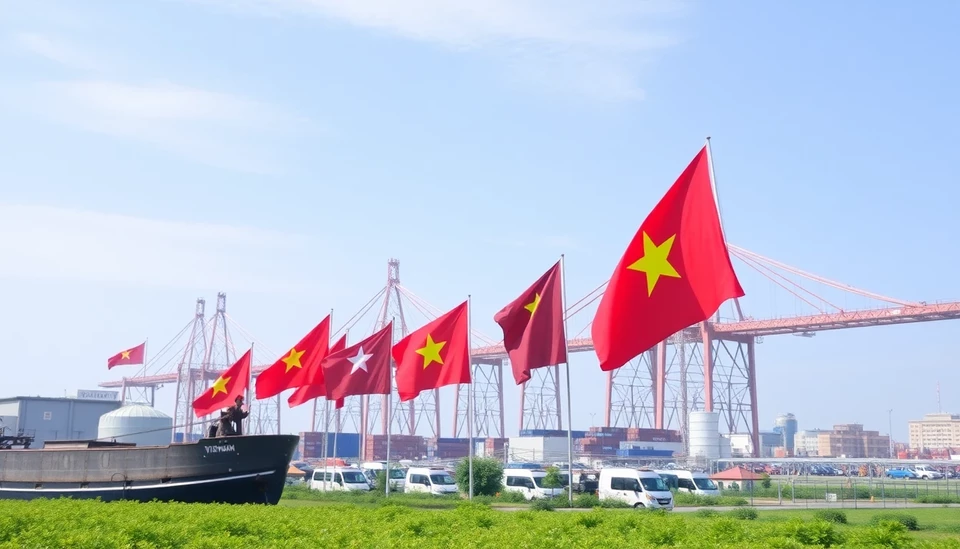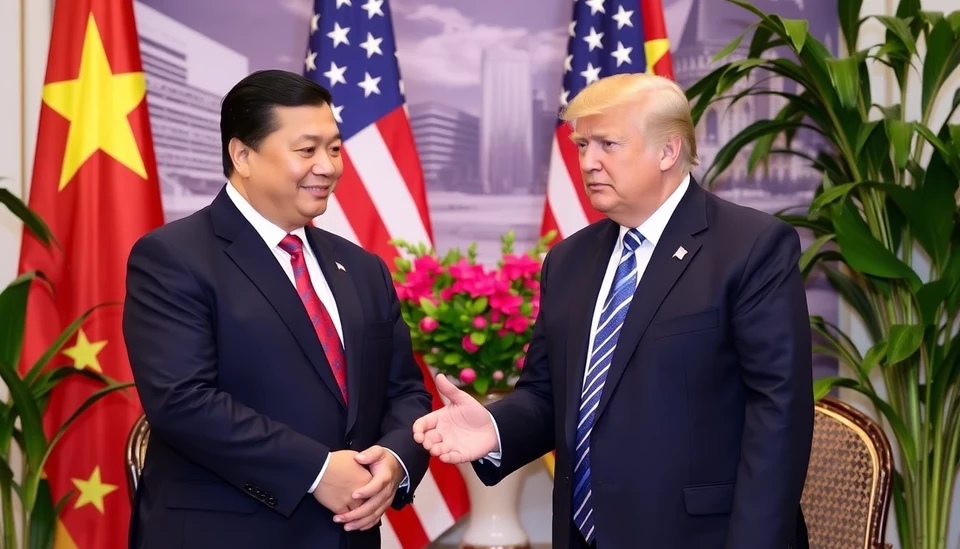
In a bold economic maneuver, the Vietnamese government has announced a series of tax reductions on select imported goods as a strategic response to the tariffs imposed by former President Donald Trump. This move aims to safeguard its economy and maintain its competitive edge in global markets, especially in light of rising geopolitical tensions and trade uncertainties.
The Ministry of Finance in Vietnam has confirmed the plan, signaling a proactive approach to protect local businesses while enticing foreign investors. By reducing duties on key imported commodities, the country hopes to alleviate the financial burden that tariffs have placed on its trade dynamics. This decision comes amidst a challenging international trade environment exacerbated by the ongoing ripple effects of protectionist policies.
Authorities in Vietnam believe that these tax cuts will not only benefit domestic consumers but also foster a more favorable import climate for businesses relying on raw materials and components from abroad. The targeted reduction in import taxes is intended to buffer the economy from inflationary pressures and encourage consumption in various sectors that have been negatively impacted by increased tariffs.
This initiative is part of a broader economic strategy to position Vietnam as an attractive destination for foreign investment. By steadily lowering import costs, the Vietnamese government hopes to shift its reliance away from the more traditional manufacturing sectors toward high-value industries, which can enhance the overall economic resilience of the country.
Trade experts view Vietnam's decision as a calculated response to the challenges posed by U.S. trade policies. The tariffs, initially aimed at protecting American industries, have unintended consequences for many countries that are engaged in diverse supply chains with the U.S. Vietnam, as a key player in Southeast Asia, is particularly vulnerable to fluctuations in international trade agreements.
Furthermore, the Vietnamese economy has shown considerable growth over the past few years, fueled largely by its strong export sector. However, the adverse impacts of tariffs could undermine that progress. The government is thus eager to implement these tax cuts to sustain momentum, retain its global competitiveness, and continue attracting foreign direct investment.
This latest development signals a significant shift not just in Vietnam's trade policy but also highlights the dynamic nature of international trade relationships. As other nations observe Vietnam's actions, it may prompt similar responses from countries grappling with the fallout of U.S. trade measures, ultimately reshaping the global trade landscape.
As Vietnam embarks on this new economic initiative, attention will undoubtedly turn to how effectively it can balance domestic needs with the pressures of international trade. The implications of these tax cuts extend beyond mere economic figures, representing the broader struggle for nations to navigate an increasingly protectionist world.
Vietnam's commitment to adapting its trade policies amid global tensions exemplifies its resilience and forward-thinking approach. As the situation evolves, stakeholders across the globe will be watching closely, eager to see how this economic strategy unfolds and what it might mean for the future of trade in the region.
#VietnamTrade #TPP #EconomicStrategy #TrumpTariffs #GlobalTrade #ForeignInvestment #ImportTaxCuts #SoutheastAsia
Author: Rachel Greene
